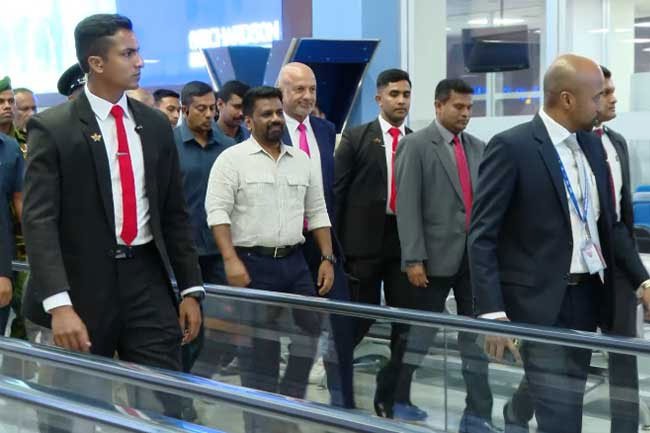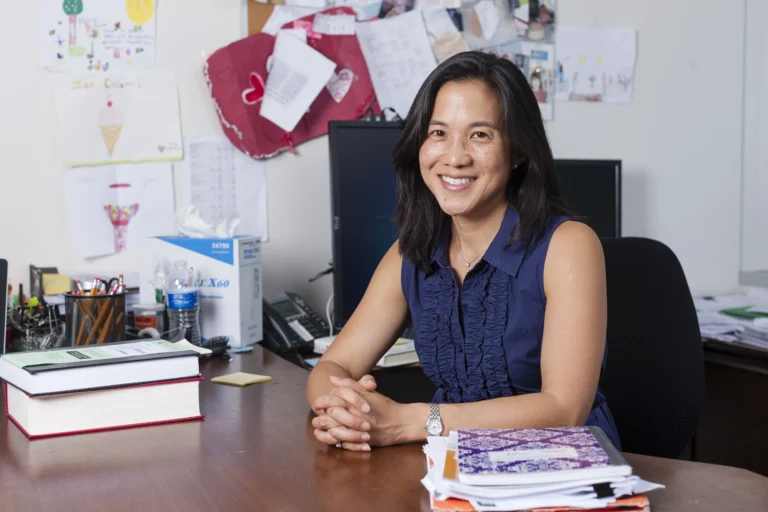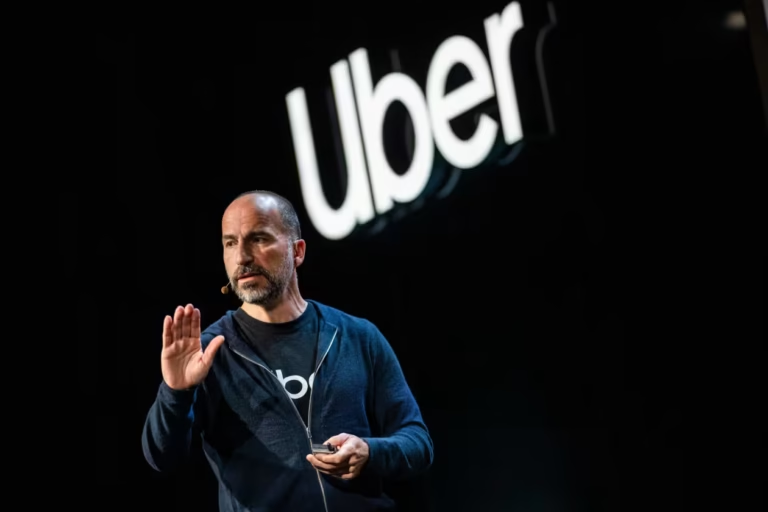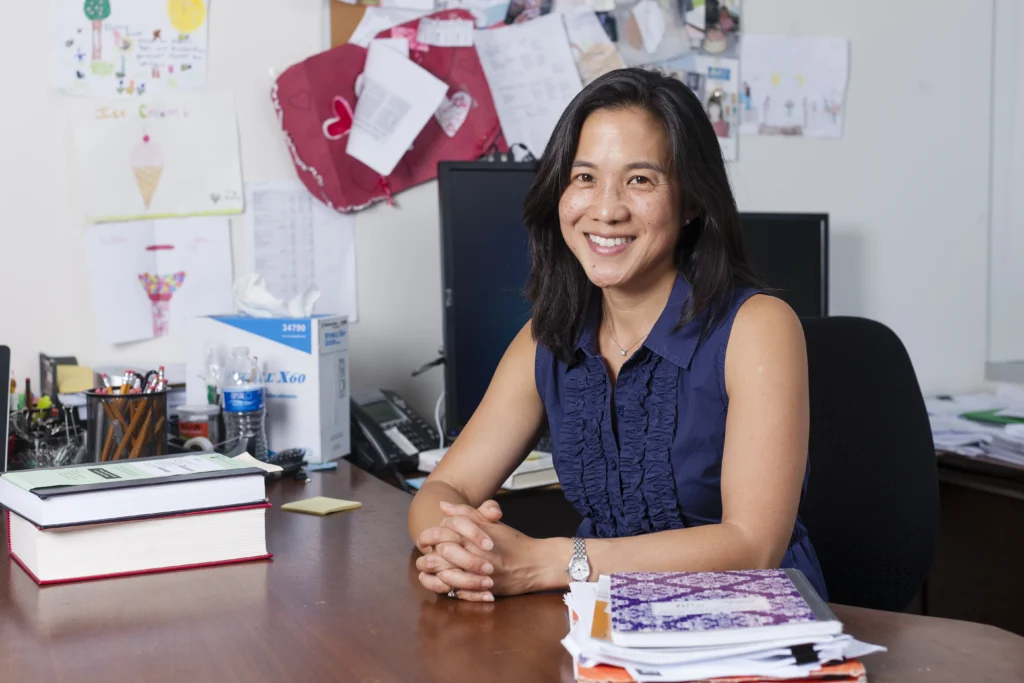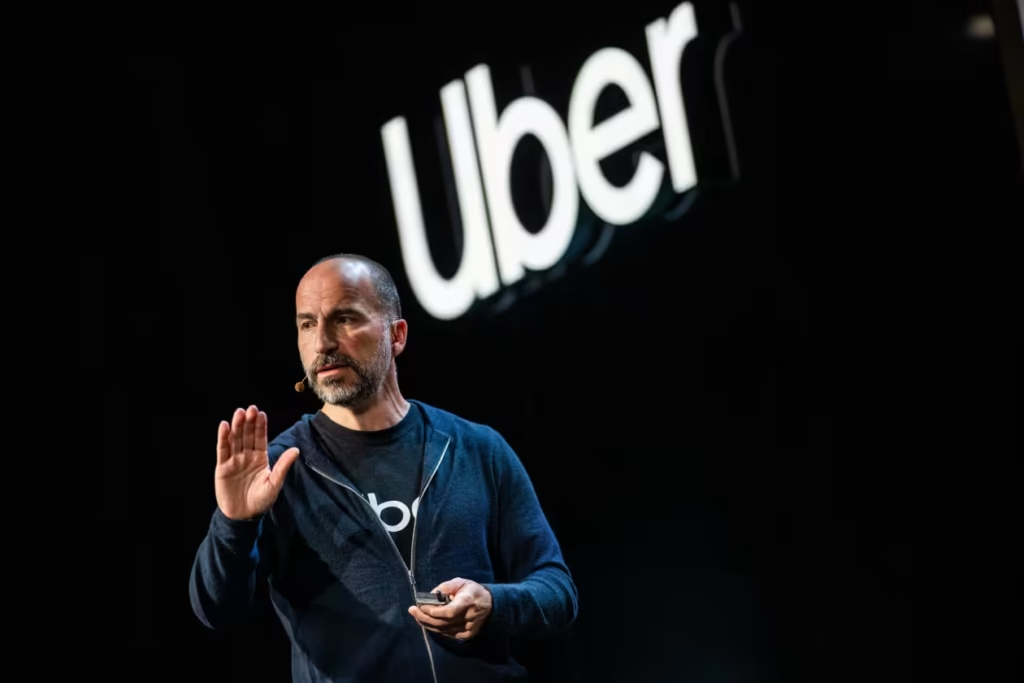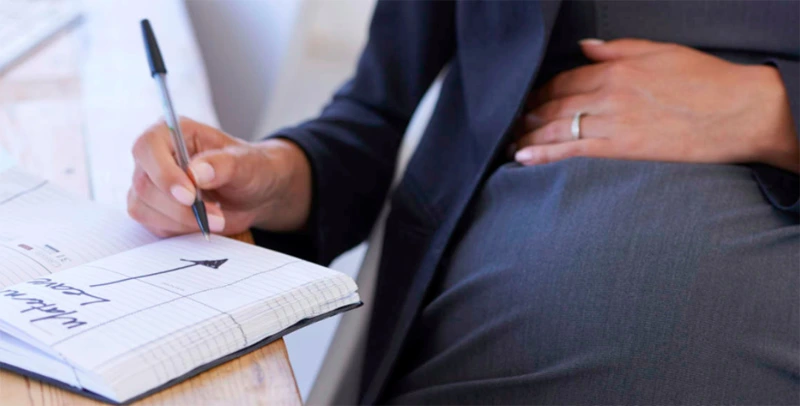A Timely Diplomatic Mission
President Anura Kumara Dissanayake is currently in Germany, having arrived on June 11, 2025, for an official state visit on the invitation of German President Frank-Walter Steinmeier. This marks a key moment for Sri Lanka—one where diplomacy meets economic urgency.
As global economies shift and Sri Lanka pursues a path of post-crisis recovery, this visit is strategically timed to unlock trade, investment, and bilateral cooperation—especially in sectors that align with Sri Lanka’s long-term development goals.
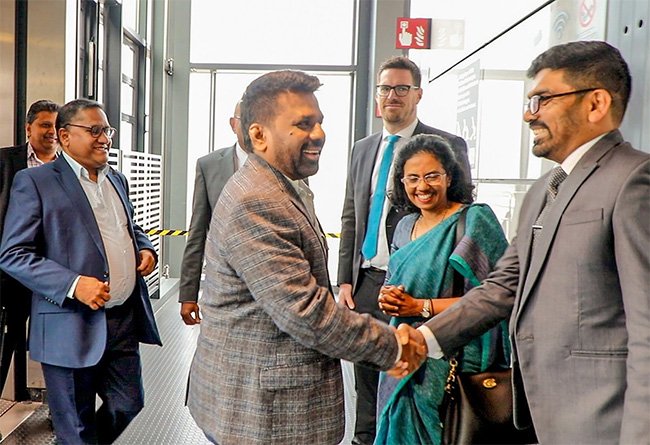
- Strengthening Bilateral Trade: From Commodity to Competitiveness
Germany is already one of Sri Lanka’s top export destinations, primarily purchasing tea, apparel, and rubber-based products. However, the trade relationship has room for evolution—especially as Sri Lanka seeks to move up the value chain.
President Dissanayake’s meetings with German trade officials and business leaders are focused on:
Expanding access for value-added exports like organic spices, processed food, tech-enabled services, and wellness products.
Leveraging EU frameworks such as GSP+ for broader tariff concessions.
Encouraging supply chain integration for Sri Lankan SMEs into European manufacturing and retail ecosystems.
This could reposition Sri Lanka not merely as a raw goods exporter—but as a niche-value trade partner in a green and digital economy.
- Attracting German Investment in Key Sectors
Germany has a strong presence in Sri Lanka through firms in manufacturing, logistics, and development cooperation. But this visit pushes for a new wave of investment.
President Dissanayake is actively pitching:
Green energy projects such as solar and wind parks in Sri Lanka’s dry zones.
Digital economy ventures through public-private partnerships in fintech, e-governance, and cybersecurity.
Tourism infrastructure investments focused on wellness, adventure, and ecological resorts.
Sri Lanka’s fiscal stability roadmap—highlighted by IMF reforms, a projected 5% GDP growth trajectory, and a debt restructuring plan—serves as a confidence booster for German investors looking for long-term, sustainable returns.
- Collaborations in Digital Economy and Vocational Education
One of the most promising angles of this visit is the alignment of Germany’s industrial expertise with Sri Lanka’s youth potential.
Meetings between Sri Lankan officials and German institutions are already exploring:
Vocational training programs modeled on Germany’s “dual education” system, which blends theory and on-the-job experience.
Tech knowledge transfer, including startup incubation, digital literacy initiatives, and SME digitalization.
Collaborative R&D, especially in AI, sustainable agriculture, and clean tech.
For Sri Lanka, this is more than a diplomatic courtesy—this is groundwork for an inclusive, digitally enabled future workforce.
- Tourism Revival with German Partnerships
Germany has consistently ranked among Sri Lanka’s top 5 tourist-generating markets. Yet the post-pandemic rebound is still uneven. President Dissanayake is taking this opportunity to:
Promote Sri Lanka as a year-round sustainable tourism destination.
Partner with German tour operators and airlines to create targeted travel packages.
Highlight underexplored regions like the Knuckles range, Eastern coast, and spiritual wellness retreats as new travel frontiers.
With a clear push toward eco-tourism and cultural depth, this visit could help reposition Sri Lanka for discerning European travelers seeking meaningful experiences.
- Financial Credibility and Global Perception
This is President Dissanayake’s first major European state visit since taking office. His delegation is sending a signal that Sri Lanka is serious about:
Debt sustainability (with plans to resume repayments in 2028).
Governance reforms, transparency, and anti-corruption efforts.
Restoring international confidence in the Sri Lankan economy.
Engagements with German development institutions like GIZ and KfW are also opening doors to concessional loans, technical assistance, and blended finance models that Sri Lanka urgently needs.
- Why Germany? The Geopolitical Signal
Germany is not just a trade partner—it’s a gateway to the EU and a respected power in the Indo-Pacific strategic narrative. This visit also subtly marks:
- A shift in Sri Lanka’s foreign policy balancing—not overly reliant on China or India.
- An effort to anchor its recovery with democratic, rules-based partners.
- A platform to access European markets, investors, and innovation ecosystems.
- This aligns with a broader foreign policy recalibration under President Dissanayake’s leadership—less transactional, more long-term strategic.
What Sri Lankans Can Expect
For the average Sri Lankan business owner, exporter, youth job-seeker, or tourist operator, here’s what this visit could translate into:

